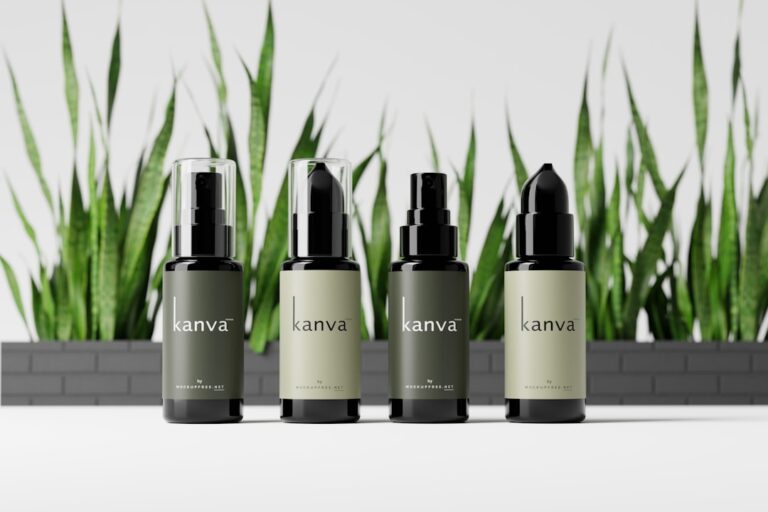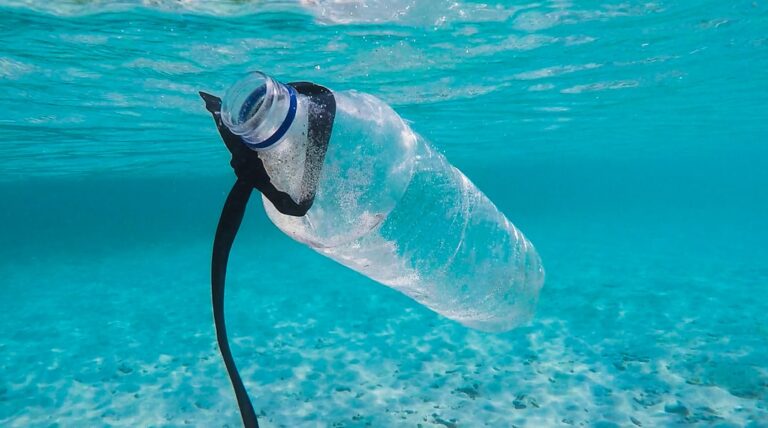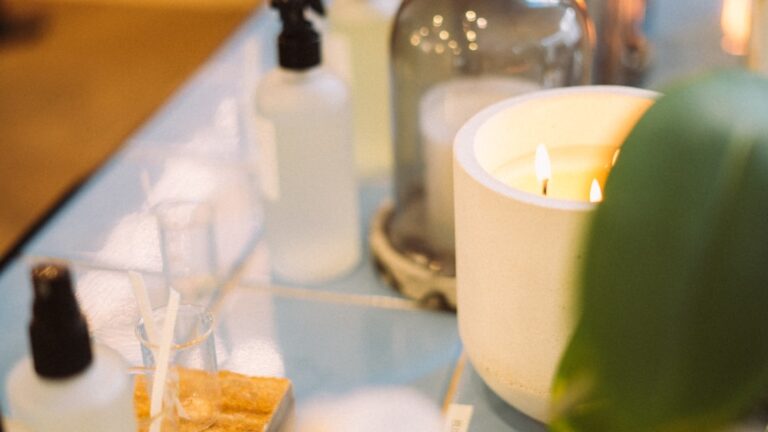Removing Hard Water Stains: A Step-by-Step Guide

Hard water stains are a common household problem caused by mineral deposits left behind when water evaporates from surfaces such as glass, tile, and metal. The primary minerals responsible for these stains are calcium and magnesium. As the water dries, these minerals create a cloudy, white film that can be challenging to remove.
Hard water stains are not only unsightly but can also damage surfaces if left untreated for extended periods. Understanding the cause of hard water stains is crucial for effective removal and prevention of future buildup. These stains are particularly difficult to address because they often require more than standard cleaning solutions.
The mineral deposits are stubborn and resistant to traditional cleaning methods. To effectively eliminate hard water stains without damaging the surface, it is essential to use appropriate cleaning solutions and techniques. By comprehending the nature of hard water stains and learning the most effective removal methods, homeowners can maintain clean surfaces free from unsightly mineral buildup.
This knowledge enables them to tackle the problem efficiently and prevent long-term damage to their household surfaces.
Key Takeaways
- Hard water stains are caused by mineral deposits from water and can be difficult to remove
- A cleaning solution can be made using vinegar and water to effectively remove hard water stains
- The cleaning solution should be applied to the stained surface and left to sit for a few minutes
- Scrubbing and agitating the stains with a brush or sponge can help to loosen and remove the deposits
- After cleaning, the surface should be thoroughly rinsed and dried to prevent new stains from forming
- To prevent future hard water stains, consider using a water softener or installing a filtration system
- For stubborn stains, try using a commercial cleaner or a paste made from baking soda and water
Preparing the Cleaning Solution
Natural Cleaning Solutions
One popular choice is a mixture of white vinegar and water. Vinegar is acidic and can help dissolve the mineral deposits, making them easier to remove. To prepare this cleaning solution, simply mix equal parts of white vinegar and water in a spray bottle. Another effective cleaning solution for hard water stains is lemon juice. The citric acid in lemon juice can also help break down mineral deposits and leave surfaces looking clean and shiny.
Commercial Cleaning Solutions
For tougher hard water stains, you may need to use a commercial cleaner specifically designed for removing mineral deposits. These cleaners are formulated to be strong enough to break down stubborn stains without damaging the surface.
Safe and Effective Use
When using a commercial cleaner, it’s important to follow the manufacturer’s instructions carefully to ensure safe and effective use. Regardless of the cleaning solution you choose, it’s important to test it on a small, inconspicuous area of the surface first to ensure that it doesn’t cause any damage or discoloration.
Applying the Cleaning Solution

Once you have prepared your chosen cleaning solution, it’s time to apply it to the affected surface. For best results, spray the cleaning solution directly onto the hard water stains, ensuring that the entire area is thoroughly coated. Allow the solution to sit on the stains for a few minutes to give it time to penetrate and break down the mineral deposits.
This will make it easier to remove the stains when you begin scrubbing. If you are using a commercial cleaner, be sure to follow the manufacturer’s instructions for application. Some cleaners may require you to dilute them with water before use, while others may be applied directly to the surface.
It’s important to use the appropriate amount of cleaner and to avoid over-saturating the surface, as this can lead to streaking or residue buildup. After applying the cleaning solution, it’s important to let it sit for a few minutes before moving on to the next step. This will give the solution time to work its magic and break down the hard water stains, making them easier to remove.
Scrubbing and Agitating the Stains
| Technique | Effectiveness | Time Required |
|---|---|---|
| Scrubbing | High | Medium |
| Agitating the Stains | Medium | Low |
Once the cleaning solution has had time to sit on the hard water stains, it’s time to start scrubbing and agitating the surface to loosen and remove the mineral deposits. For glass surfaces, a non-abrasive scrubbing pad or sponge is typically safe to use. For tougher stains on metal or tile surfaces, you may need to use a more abrasive scrubbing pad or brush.
When scrubbing the surface, it’s important to use gentle but firm pressure to avoid causing damage. Avoid using any abrasive materials that could scratch or etch the surface. It’s also important to use a back-and-forth or circular motion when scrubbing to ensure that you cover the entire affected area.
For particularly stubborn hard water stains, you may need to repeat the application of the cleaning solution and scrubbing process multiple times to fully remove the mineral deposits. Be patient and persistent, as removing hard water stains can take some time and effort.
Rinsing and Drying the Surface
After you have finished scrubbing and agitating the hard water stains, it’s important to thoroughly rinse the surface to remove any remaining cleaning solution and loosened mineral deposits. Use clean water and a sponge or cloth to wipe away the residue, ensuring that all traces of the cleaning solution are removed. Once the surface has been rinsed, it’s important to dry it thoroughly to prevent any new mineral deposits from forming.
Use a clean, dry cloth or towel to wipe down the surface until it is completely dry. This will help prevent streaking or water spots from forming and leave your surfaces looking clean and shiny. For glass surfaces, using a squeegee can help ensure that all excess water is removed, leaving behind a streak-free finish.
It’s important to take your time when drying the surface to ensure that all moisture is removed and that no new hard water stains are left behind.
Preventing Future Hard Water Stains

Additional Tips and Tricks for Stubborn Stains
For particularly stubborn hard water stains that are resistant to traditional cleaning methods, there are a few additional tips and tricks that you can try. One option is to use a paste made from baking soda and water. This abrasive paste can help scrub away tough mineral deposits without causing damage to the surface.
Another option is to use a commercial lime scale remover specifically designed for removing tough mineral buildup. These products are formulated to be strong enough to break down stubborn stains without damaging surfaces. If all else fails, consider seeking professional help.
There are professional cleaning services that specialize in removing hard water stains from various surfaces. These professionals have access to specialized equipment and cleaning solutions that can effectively eliminate even the toughest hard water stains. In conclusion, hard water stains can be a frustrating problem, but with the right cleaning solution and techniques, they can be effectively removed from surfaces such as glass, tile, and metal.
By understanding the nature of hard water stains and taking preventative measures, you can keep your surfaces looking clean and free of unsightly mineral buildup. With patience and persistence, even the most stubborn hard water stains can be eliminated, leaving your surfaces looking shiny and new.
If you’re struggling with hard water stains, you may also be interested in learning some life hacks to make your cleaning routine easier. Check out this article on lifehacksfor.com for some useful tips and tricks to simplify your daily tasks.
FAQs
What are hard water stains?
Hard water stains are caused by the mineral deposits left behind when water evaporates. These deposits are primarily made up of calcium and magnesium, and can leave unsightly marks on surfaces such as glass, tile, and metal.
How do hard water stains form?
Hard water stains form when water containing high levels of minerals such as calcium and magnesium evaporates, leaving behind the mineral deposits on surfaces. Over time, these deposits can build up and become difficult to remove.
How can I remove hard water stains?
There are several methods for removing hard water stains, including using vinegar, lemon juice, baking soda, or commercial cleaning products specifically designed for this purpose. It’s important to test any cleaning solution on a small, inconspicuous area first to ensure it doesn’t damage the surface.
Are there any natural remedies for removing hard water stains?
Yes, there are several natural remedies for removing hard water stains. These include using vinegar, lemon juice, or baking soda, which can be effective at breaking down the mineral deposits and removing the stains.
Can hard water stains be prevented?
Hard water stains can be prevented by using a water softener to reduce the mineral content in the water. Additionally, regularly cleaning and drying surfaces can help prevent the buildup of mineral deposits and the formation of hard water stains.






